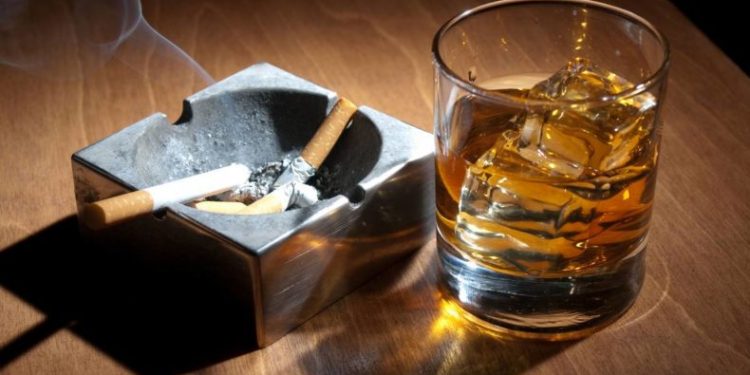Beer and cigarette manufacturers have expressed their dissatisfaction over the 21% excise duty arguing that the new taxes will have adverse effects on other members of the value chain.
Last Wednesday, Parliament passed Treasury’s request to raise “sin tax” to 21% from an earlier 15% proposed in the budget statement. This move aims to increase tax revenue to bridge KRA’s deficit. The bill is waiting for Presidential assent.
SEE ALSO: KRA misses the petroleum levy target
According to the manufactures, the move will only affect retailers, wholesalers, and SMEs, causing massive job losses. At the same time, the firms claim that the new taxes will undermine the government’s initiative to grow Kenya’s manufacturing sector. According to The Star, MPs approved a duty of KS 12,624 per kilo of cigars containing tobacco or its substitutes.
Additionally, the legislators suggested taxes of KSh 3,787 for every unit of electronic cigarette. Lastly, the new bill charges KSh 3,157 on every mille of cigarettes with filters and KSh 2,272 for every mille of cigarettes without filters.
Liquor manufacturers also bear the brunt of the new excise duty. Manufacturers who make liquor through fermenting fruits, such as wine, will pay KSh 189 per litre. Furthermore, manufacturers of alcoholic beverages above 10% alcohol concentration will pay KSh 253 per litre.
British American Tobacco, Kenya Wine Agencies (Kwal), Alcoholic Beverages Association of Kenya (Abak) and Mastermind Tobacco filed a petition against the bill, lamenting on MPs blind eye on their appeals. The manufacturers argue that increasing the taxes will not increase revenues, as observed in past changes.
“Significant and unpredictable excise increases will not reverse this trend. By having the highest excise rates in East Africa, Kenya is already a haven for illicit cartels,” said the manufacturers.
Moreover, the petitioners portend that the new taxes will stimulate the growth of illicit products as consumers seek cheaper alternatives, which increases social costs.
“The further proposed tax increase ultimately widens the existing disparity in excise and prices across the East Africa Community countries, increasing profit margins for illicit traders and in turn increase the supply and availability of illicit products,” reads a statement from the Manufacturers.
RELATED; Sportpesa Calls it Quits, Blames Kenya’s High Taxation




